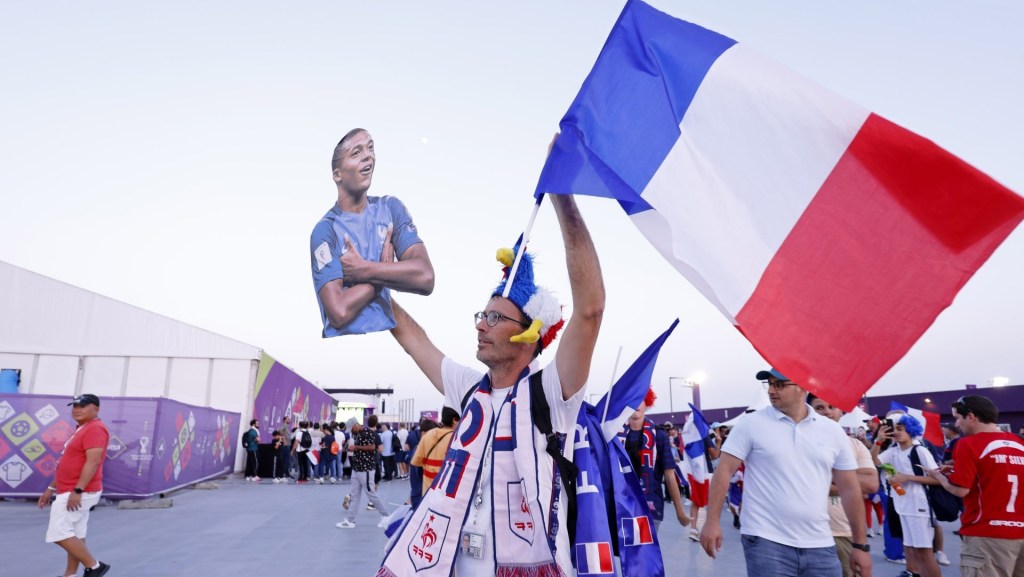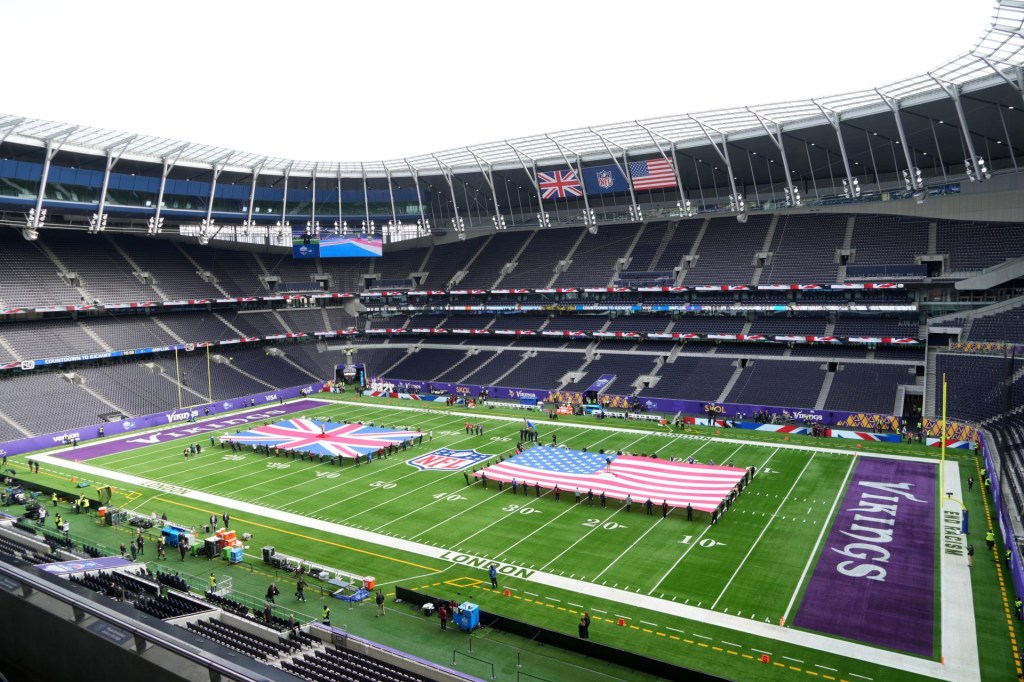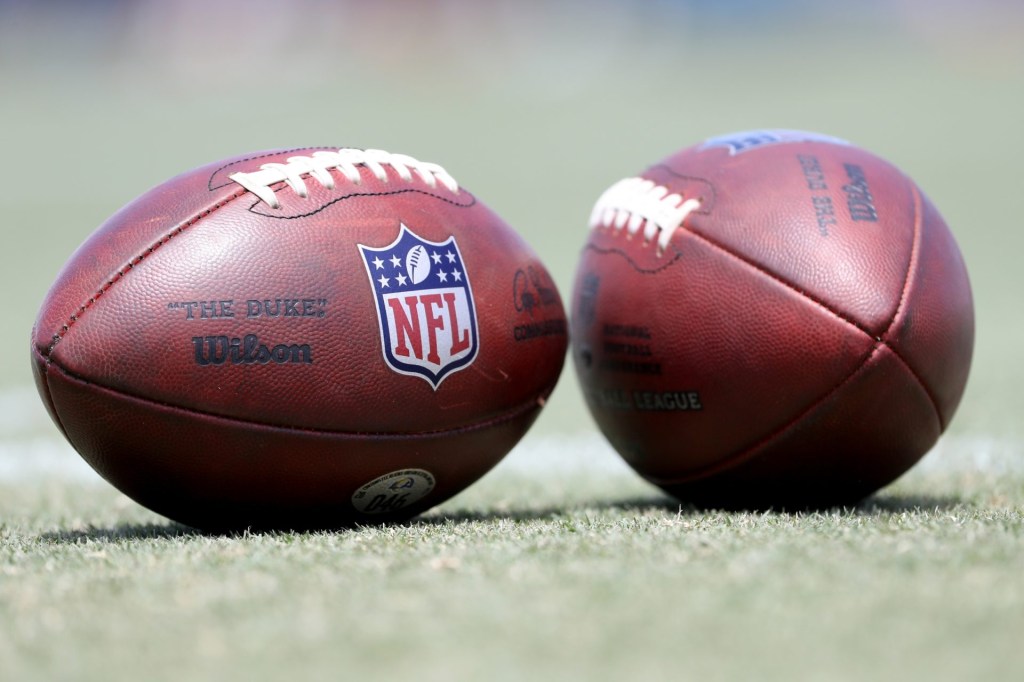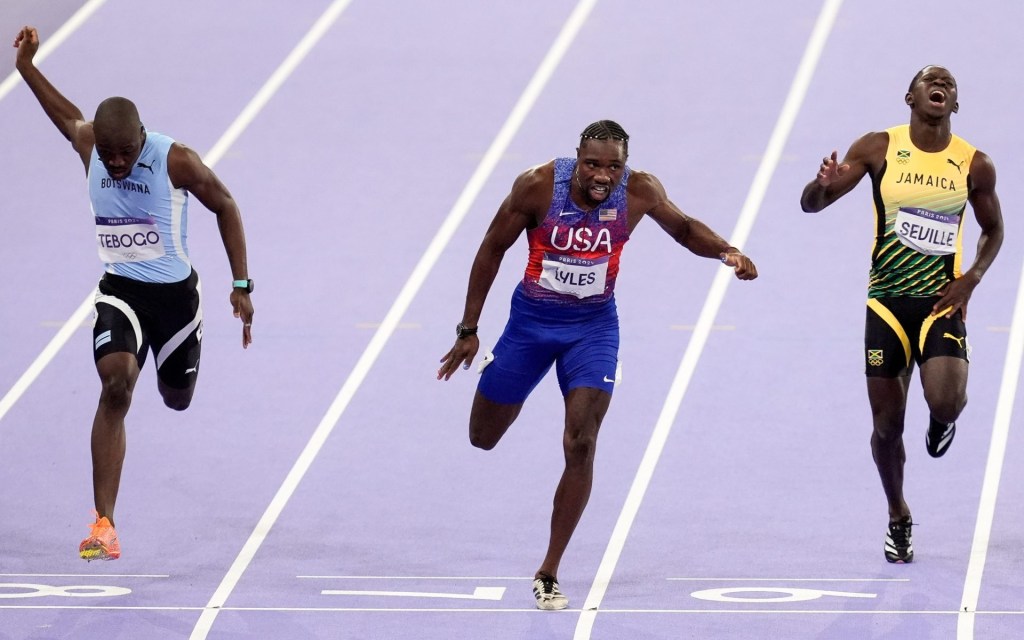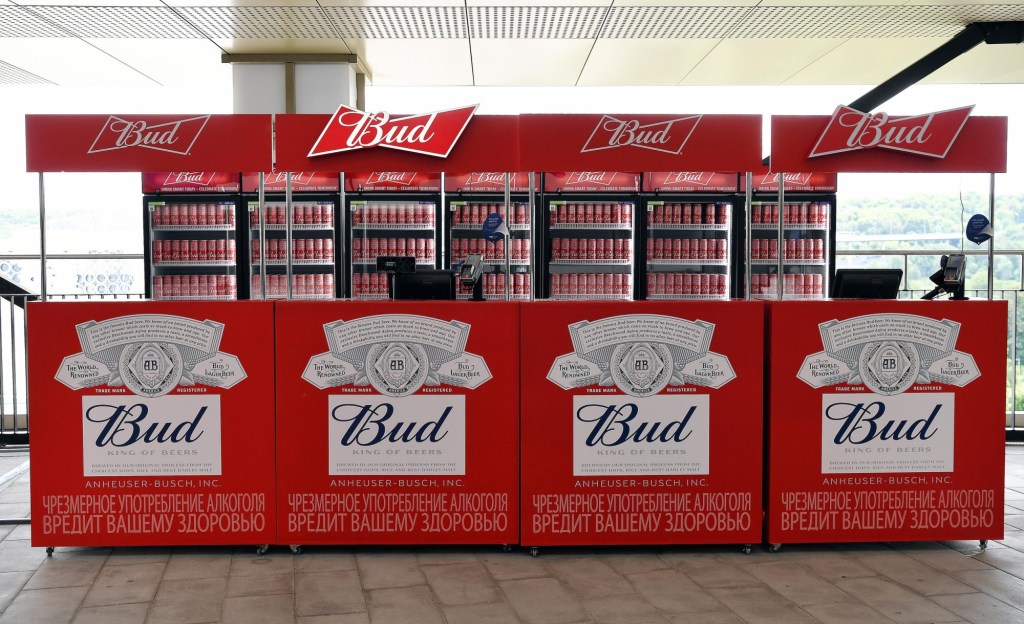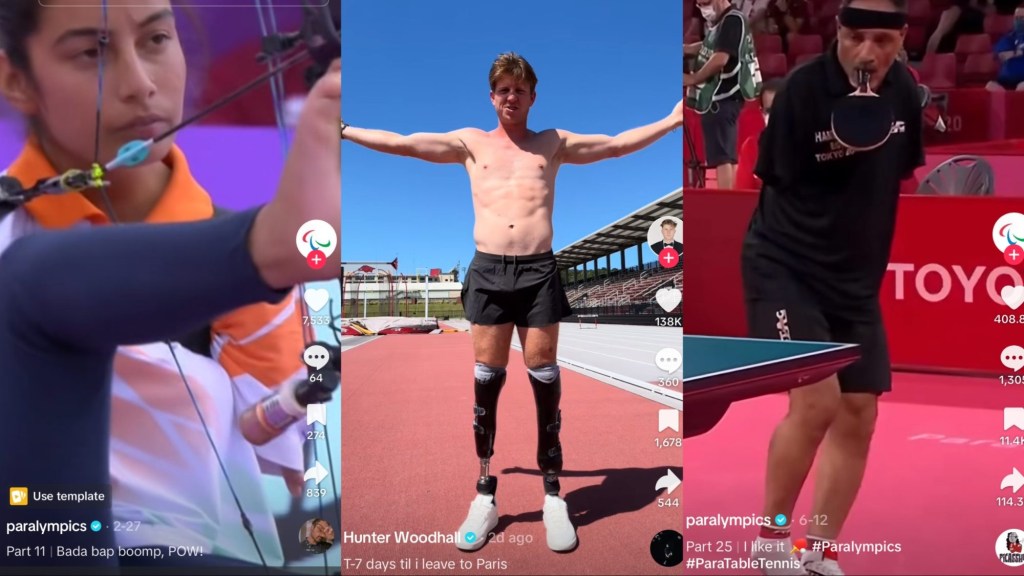Olympic sponsors face a challenging landscape, as the normally unifying Games have become highly contentious due to alleged human rights violations in China.
A bipartisan group of U.S. House members introduced legislation to trigger a diplomatic boycott of the 2022 Beijing Olympics, citing reports of the genocide of the Uyghur population.
China has denied the accusations.
Ten of the 12 largest Olympic sponsors, including Coca-Cola, Intel, Toyota, and Procter & Gamble, combine for $110 billion in annual revenue in the country of 1.4 billion, according to Bloomberg.
Earlier this year, concerns raised by Nike and Adidas over reports of forced labor in their supply chains, namely cotton farms in the Xinjiang region, triggered calls for a boycott among Chinese consumers.
- In April, Nike sales dropped 59% year-over-year on China’s biggest e-commerce platform, Alibaba’s Tmall.
- Adidas sales dropped 78% year-over-year in April on Tmall.
The country has a goal of making sports in China a $773 billion industry by 2035. The government issued a goal of increasing the number of people participating in regular physical activity by 38.5% by 2025.
The country has a $3.9 billion budget for the Winter Games, which start in February.
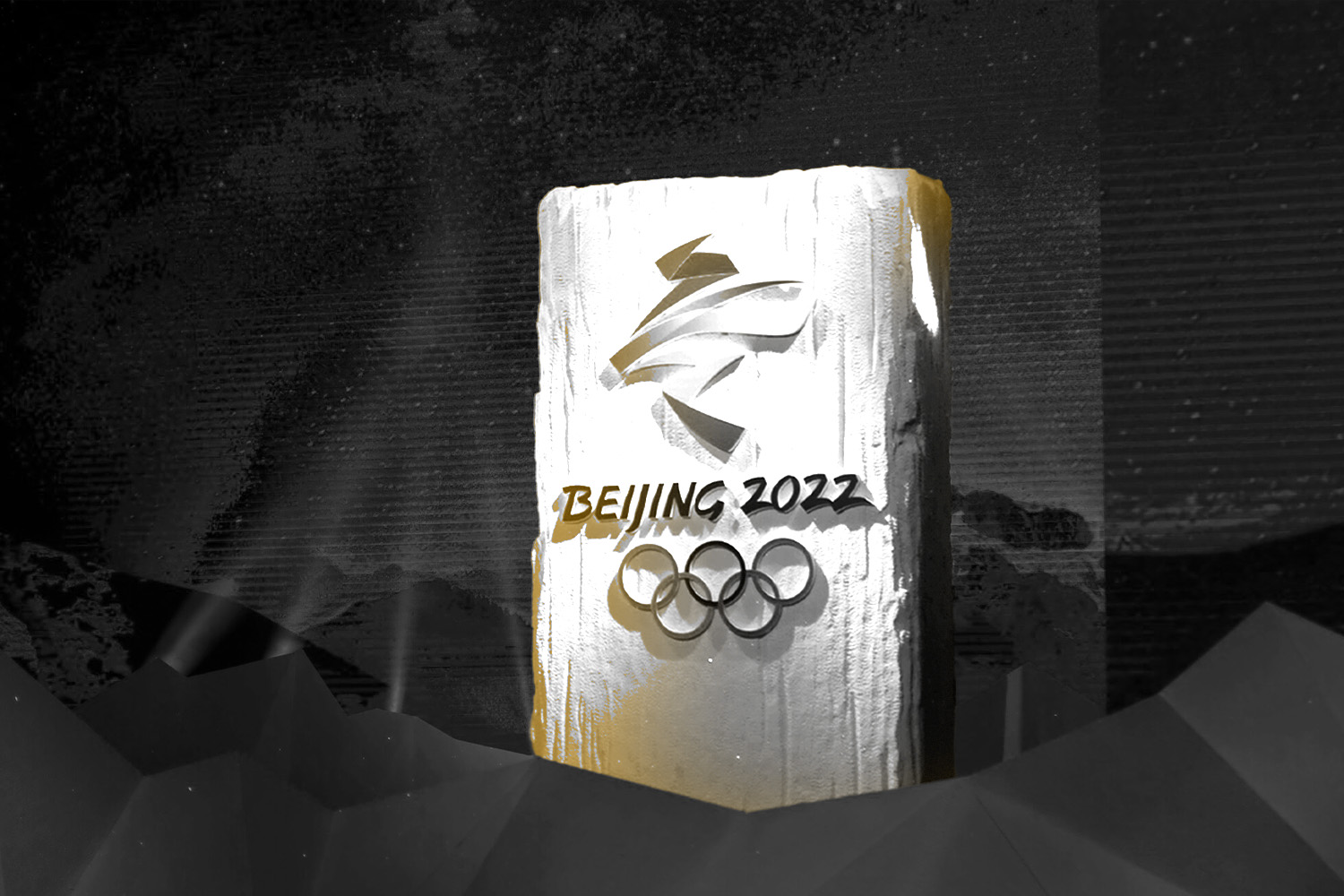



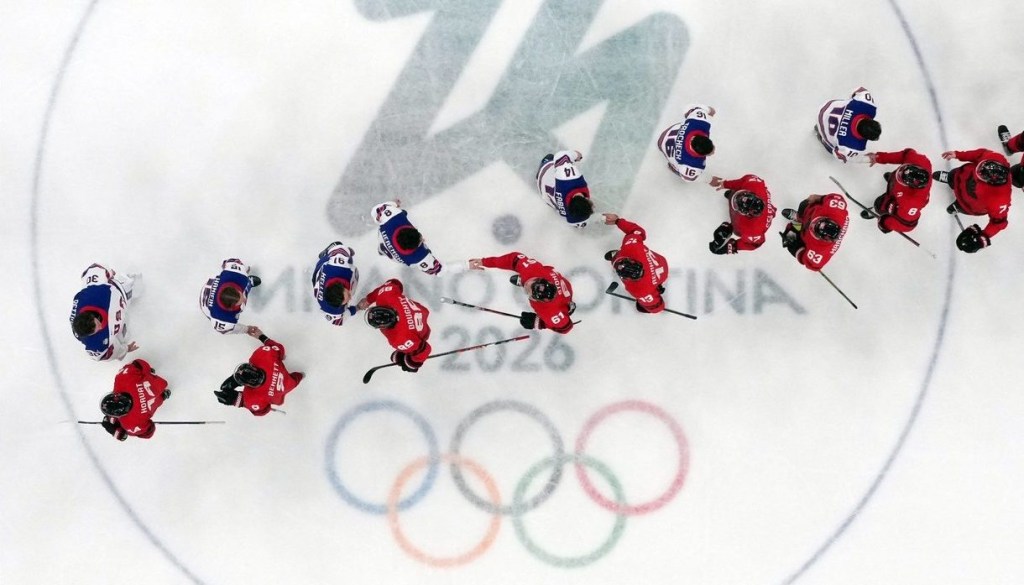
![[Subscription Customers Only] Jun 15, 2025; Seattle, Washington, USA; Botafogo owner John Textor inside the stadium before the match during a group stage match of the 2025 FIFA Club World Cup at Lumen Field.](https://frontofficesports.com/wp-content/uploads/2026/02/USATSI_26465842_168416386_lowres-scaled.jpg?quality=100&w=1024)
![[Subscription Customers Only] Jul 13, 2025; East Rutherford, New Jersey, USA; Chelsea FC midfielder Cole Palmer (10) celebrates winning the final of the 2025 FIFA Club World Cup at MetLife Stadium](https://frontofficesports.com/wp-content/uploads/2026/02/USATSI_26636703-scaled-e1770932227605.jpg?quality=100&w=1024)


